The Madras High Court granted a rectification petition filed by Prakash Pipes Limited, canceling Mr. Rama’s ‘PRAKASH’ trademark for non-use. The Court found the registration to be malicious, aimed at unlawful enrichment, and noted the Petitioner’s long-standing rights and goodwill associated with the trademark. Continue Reading Prakash Pipes prevails over later trademark for ‘Prakash’





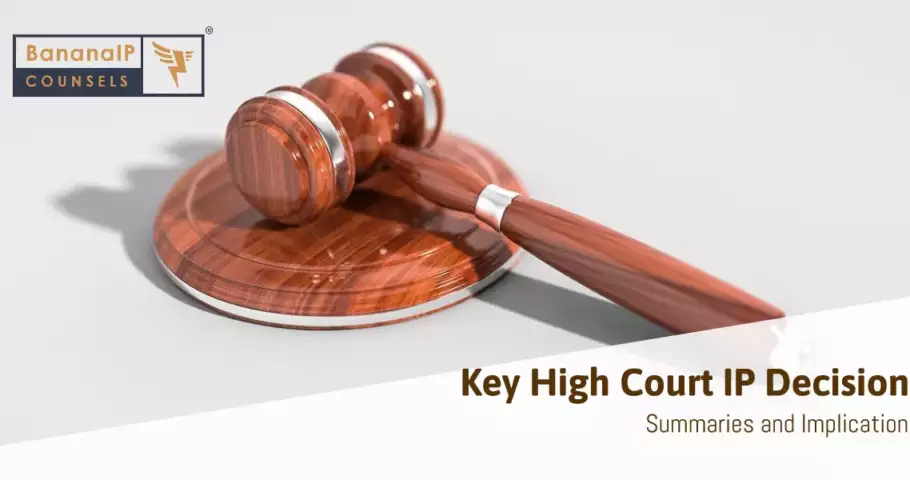
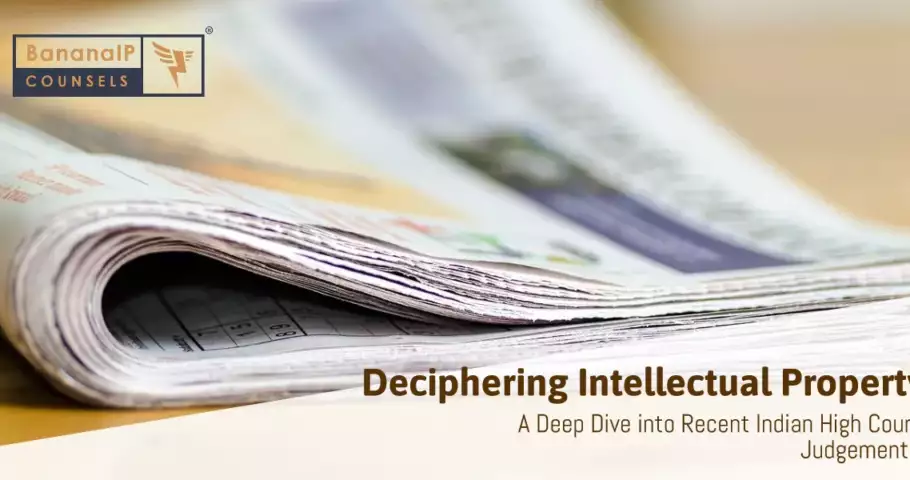
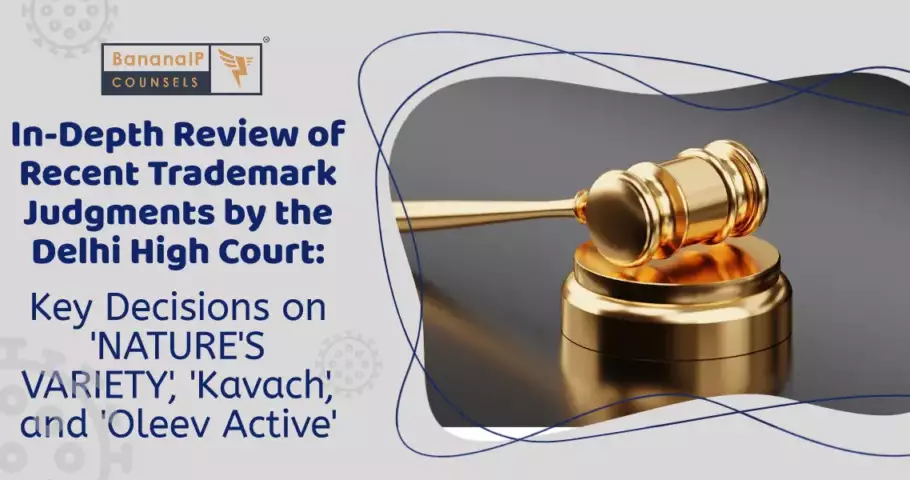
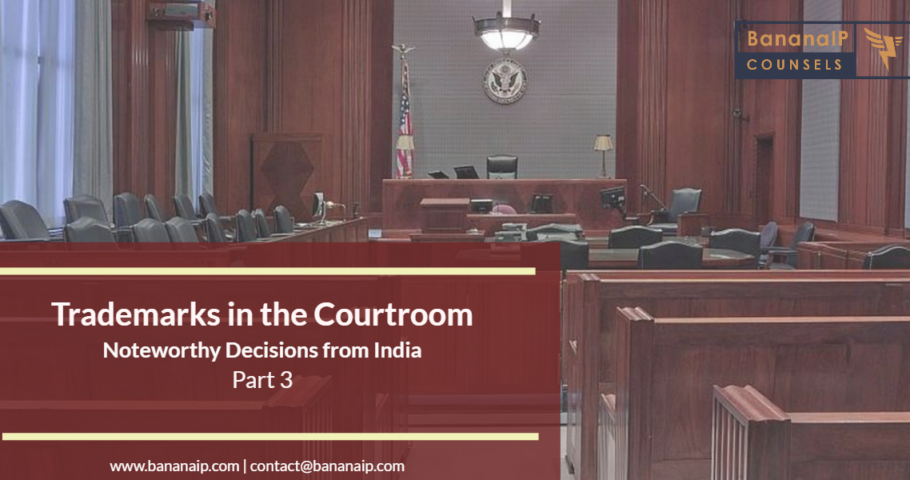
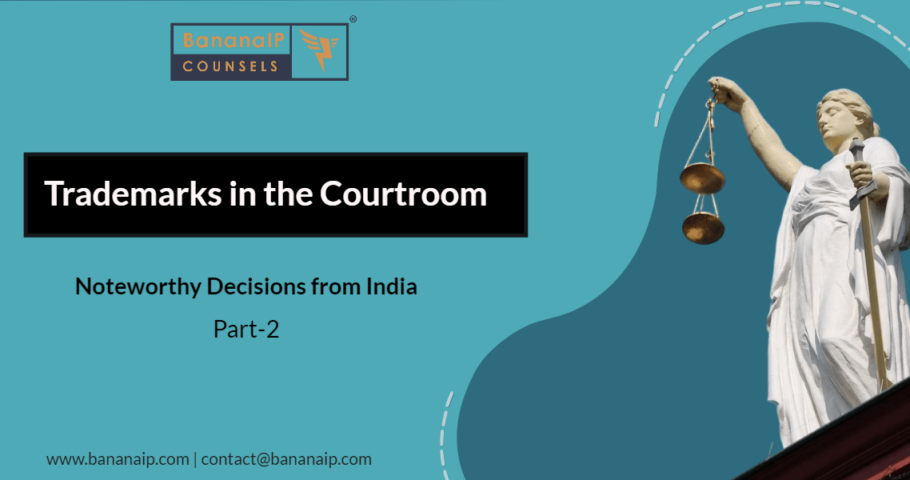
![Trademarks in the Courtroom: Noteworthy Decisions from India [Part-1]](https://www.bananaip.com/wp-content/uploads/2023/10/Trademarks-in-the-Courtroom_-Noteworthy-Decisions-from-India-Part-1-910x480.png)